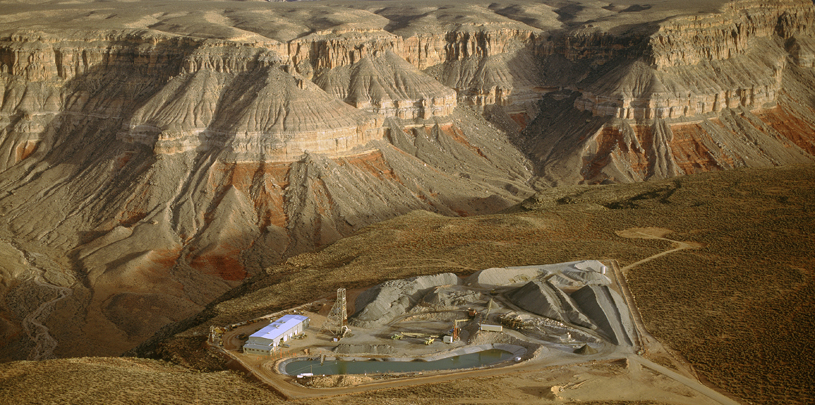

By Ethan Aumack, Conservation Director
Arizona Attorney General Mark Brnovich recently told the Arizona Chamber of Commerce that the Grand Canyon state supports the National Mining Association’s efforts to overturn a 20-year Department of Interior ban prohibiting new uranium mines on more than a million acres of public land surrounding the Grand Canyon. Arizona is among several states that have voiced support for the mining industry’s appeal of the ban after its loss before the U.S. District Court in Phoenix in 2014.
In justifying Arizona’s appeal, Brnovich said that the ban will “cost thousands of jobs” on the Navajo reservation, “where they rely so heavily on energy production and mining.”
Brnovich added, “So much of what’s happening today in the environmental movement is not about science. It’s not about quality of life. It’s not about clean air. It’s not about clean water. It’s about control.”
If the debate is about control, it really comes down to this: current uranium mining in the Grand Canyon region is an activity with uncontrollable risks, including permanently polluting the Havasupai people’s sole source of water and hundreds of springs in Grand Canyon National Park.
David Kreamer, professor of geoscience at the University of Nevada, Las Vegas and vice president for North America for the International Association of Hydrogeologists, expressed his concern about the risks uranium mining poses to groundwater around the Grand Canyon in a recent op-ed in the Guardian.
As Dr. Kreamer says: “Science shows we can’t assume that uranium deposits, when disturbed by mining, can’t leak into groundwater. We should be wary of claims to the contrary.”
Leave A Comment